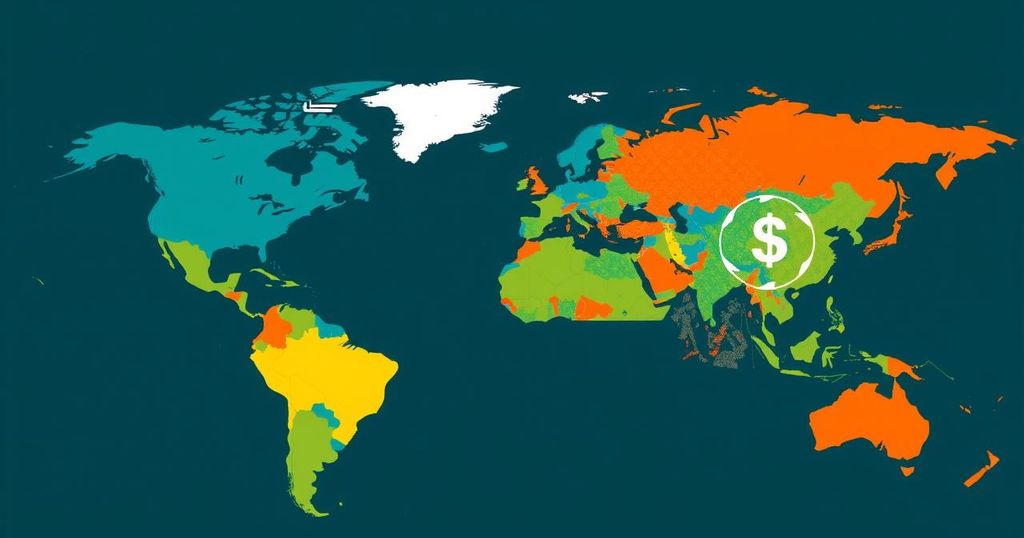Wealthier Nations Start Climate Damage Payments to Poorer Countries

Richer countries begin compensating poorer nations for climate change damages, highlighted by payments to victims of Cyclone Freddy in Malawi. This new funding aims to address the impact of climate-induced disasters, with approximately $720 million pledged by affluent nations. However, experts warn that these funds may prove insufficient amid escalating climate threats. Discussions at COP29 focus on how to effectively allocate these resources for loss and damage compensation.
In February 2023, Cyclone Freddy devastated Southern Malawi, displacing over 650,000 individuals and leaving families like Christopher Bingala’s struggling to recover. As a subsistence farmer, Bingala lost his home and livestock in the catastrophic flooding but received approximately $750, which he utilized to rebuild his dwelling. This payment exemplifies a newly established form of financial assistance known as “loss and damage” compensation, created for those affected by climate-induced disasters in low-income nations, which contribute the least to climate change despite facing the most significant hardships from its impacts.
The international community has pledged about $720 million towards this cause, including financial commitments from the European Union, the United States, and the United Arab Emirates. However, experts caution that these funds will be insufficient given the escalating severity of climate-related natural disasters. During the COP29 climate summit in Baku, Azerbaijan, discussions are in progress concerning appropriate compensation for developing nations affected by climate change, balancing this with broader climate financing strategies that include loans and investments.
Bingala, along with many others displaced by Cyclone Freddy, faced severe food shortages and the loss of shelter. With the aid received, he relocated to a safer area, allowing his children to lead a fulfilling life away from recurring floods. The Scottish government initiated this pilot program aimed at loss and damage funding, demonstrating a direct way to help families recover and rebuild.
While the funds allocated aim to mitigate the severe impacts of climate change on vulnerable communities, many low-income countries argue that these funds should extend beyond mere disaster recovery. They propose that funding could also facilitate the relocation of communities threatened by rising sea levels and protect essential cultural and ecological resources. With climate-induced financial burdens projected to rise significantly, the need for swift and substantial contributions from wealthier nations becomes paramount to ensure the survival of these nations.
Richer countries are increasingly recognizing their responsibilities in compensating poorer nations for the negative impacts of climate change, particularly as such countries are disproportionately affected despite their minimal contributions to global emissions. The recent occurrence of extreme weather events, like Cyclone Freddy, has intensified calls for action, highlighting the urgent need for financial mechanisms to assist vulnerable populations in rebuilding their lives post-disaster. The growing consensus among global leaders is leading to discussions around establishing formal funds for loss and damage, a key focus of climate negotiations such as the COP29 summit.
In summary, the speaker illustrates the emerging paradigm where wealthier nations are starting to provide compensation to developing countries severely affected by climate change; a significant milestone represented by programs like the loss and damage funding initiated by Scotland. This situation underlines the vital need for sustainable financial solutions tailored towards disaster recovery and long-term resilience for the most vulnerable communities globally. As climate disasters increase, so too must the funding mechanisms and commitments from affluent nations, ensuring that all affected parties are adequately supported.
Original Source: www.mainepublic.org






